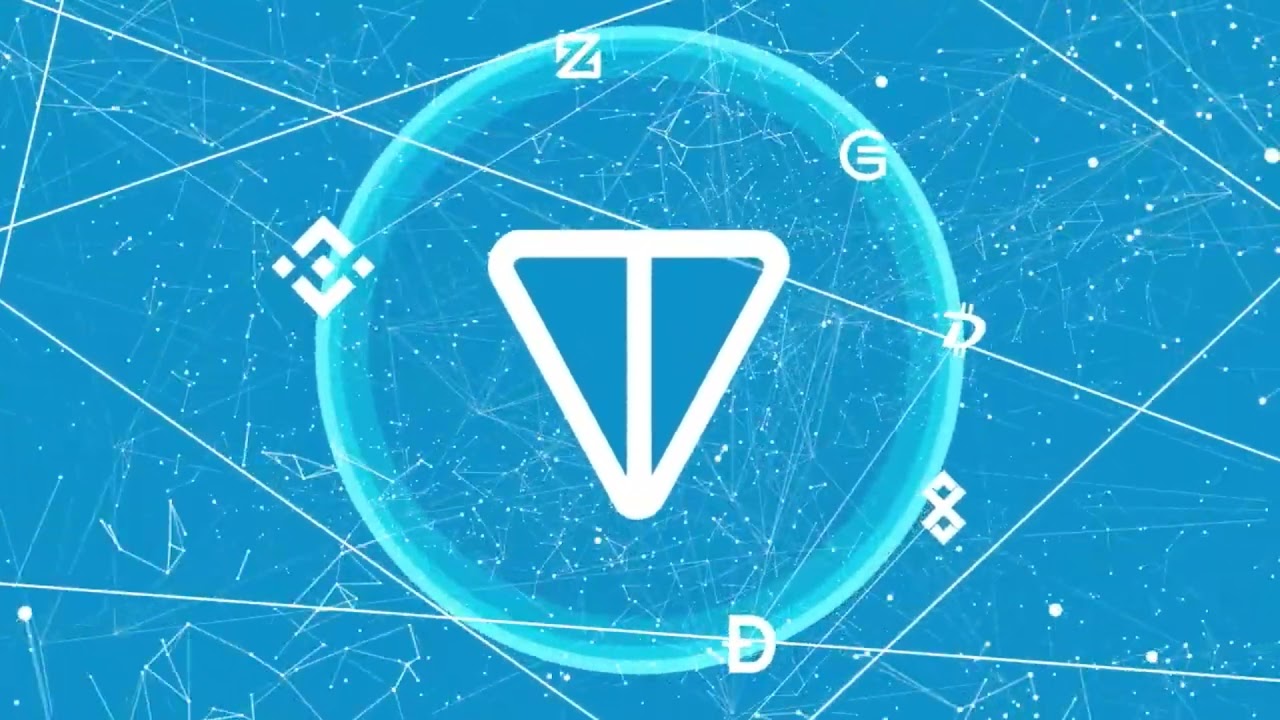Blockchain technology has emerged as a transformative force in the world of finance, offering a secure and efficient solution for global transactions. As the engine behind cryptocurrencies like Bitcoin, blockchain’s decentralized and transparent nature has the potential to revolutionize financial systems, providing a secure foundation for global economic integration.

Decentralization and Security
One of the key features that make blockchain a secured financial aid for globalization is its decentralized nature. Traditional financial systems rely on centralized authorities, exposing them to vulnerabilities such as fraud and cyber attacks. In contrast, blockchain operates on a distributed ledger, where transactions are recorded across a network of computers. This decentralization not only enhances security but also reduces the risk of a single point of failure, making it a robust solution for global financial transactions.
Transparency and Trust
Blockchain’s transparency is another critical factor contributing to its role as a financial aid for globalization. Every transaction on the blockchain is recorded in a tamper-resistant manner, creating an immutable and transparent ledger. This transparency builds trust among participants, as they can verify transactions independently. In a globalized economy, where parties may be geographically dispersed, establishing trust is essential, and blockchain provides a mechanism for doing so without relying on intermediaries.
Smart Contracts for Efficiency
Blockchain introduces smart contracts, self-executing contracts with the terms of the agreement directly written into code. This automation eliminates the need for intermediaries, reducing transaction costs and increasing efficiency in global financial processes. Smart contracts can facilitate and automate complex transactions, streamlining processes that traditionally involved multiple intermediaries and extensive paperwork. This efficiency is crucial for financial aid on a global scale, where time and cost savings are paramount.
Financial Inclusion
Blockchain has the potential to enhance financial inclusion on a global scale. By providing a secure and accessible platform for financial transactions, even in remote or underserved regions, blockchain technology can help bridge the gap between the banked and unbanked populations. This inclusivity is vital for supporting economic growth and development on a global scale, as it empowers individuals who were previously excluded from traditional financial systems.
Cross-Border Transactions
Globalization relies heavily on cross-border transactions, and blockchain simplifies this process by removing the complexities associated with traditional banking systems. Blockchain’s decentralized and borderless nature allows for quicker and more cost-effective cross-border transactions. This is particularly beneficial for businesses and individuals engaged in international trade, fostering economic collaboration on a global scale.
Conclusion
Blockchain technology stands as a secure financial aid for globalization, offering decentralization, transparency, efficiency through smart contracts, and the potential for greater financial inclusion. As the world becomes more interconnected, the role of blockchain in shaping the future of global finance is set to expand, providing a solid foundation for secure and streamlined financial interactions across borders.
Personal Note From MEXC Team
Check out our MEXC trading page and find out what we have to offer! There are also a ton of interesting articles to get you up to speed with the crypto world. Lastly, join our MEXC Creators project and share your opinion about everything crypto! Happy trading! Learn about interoperability now!
Join MEXC and Get up to $10,000 Bonus!



